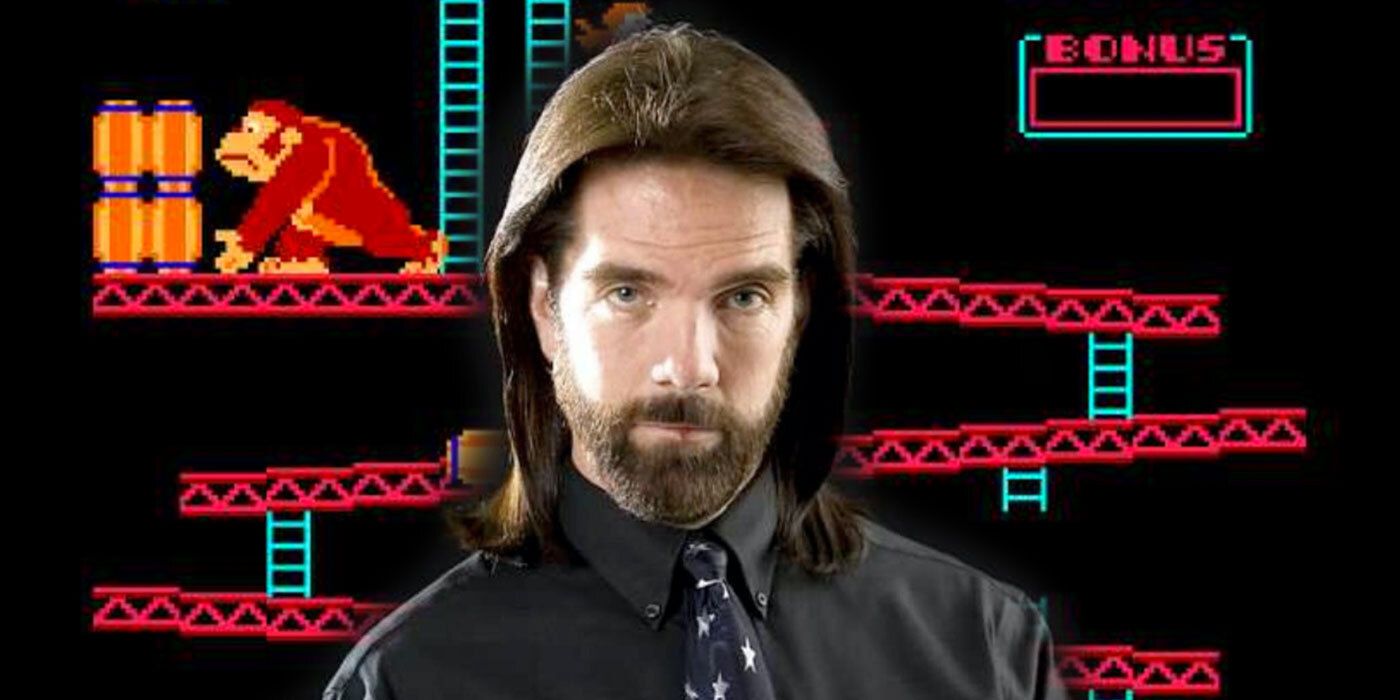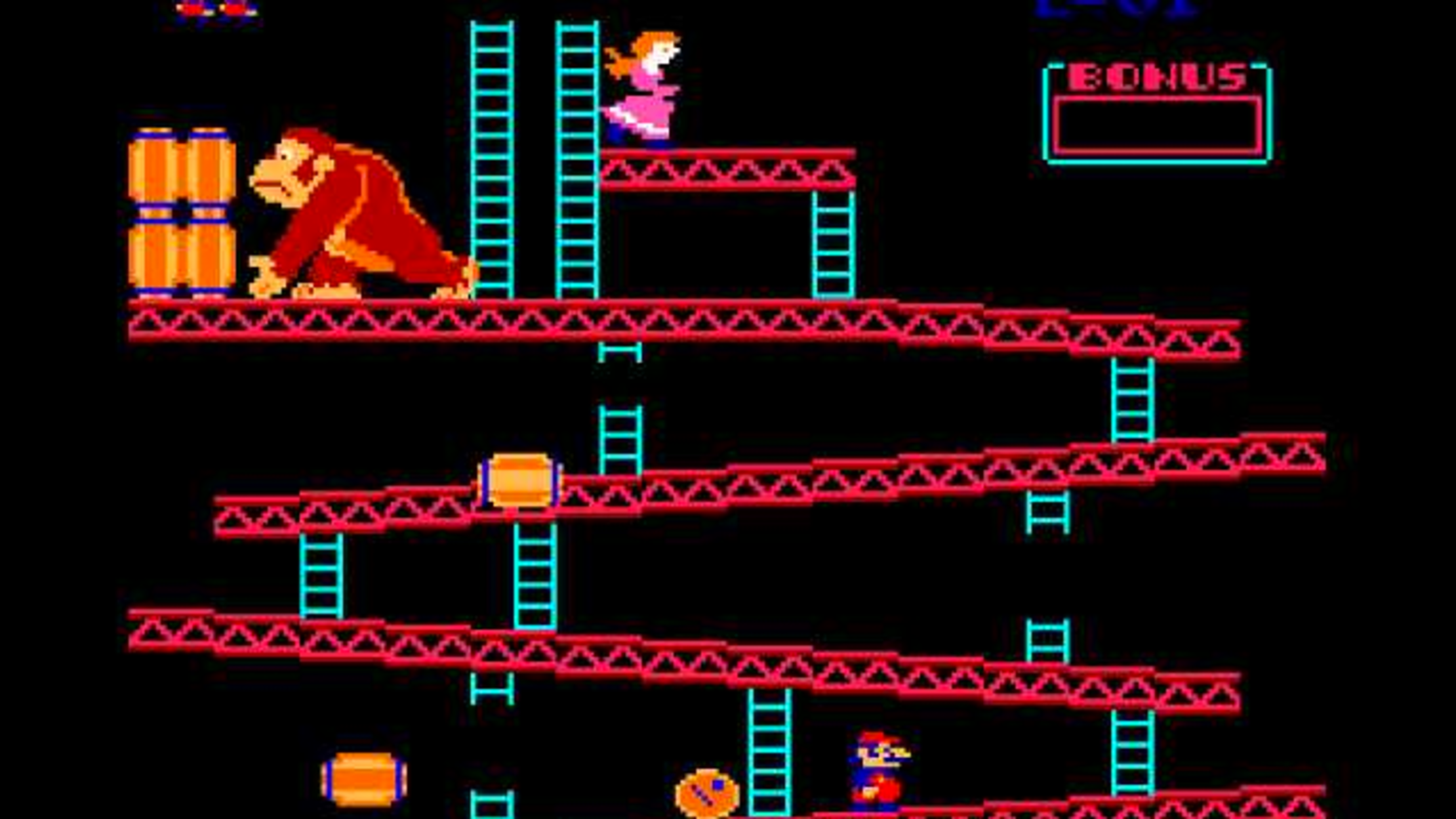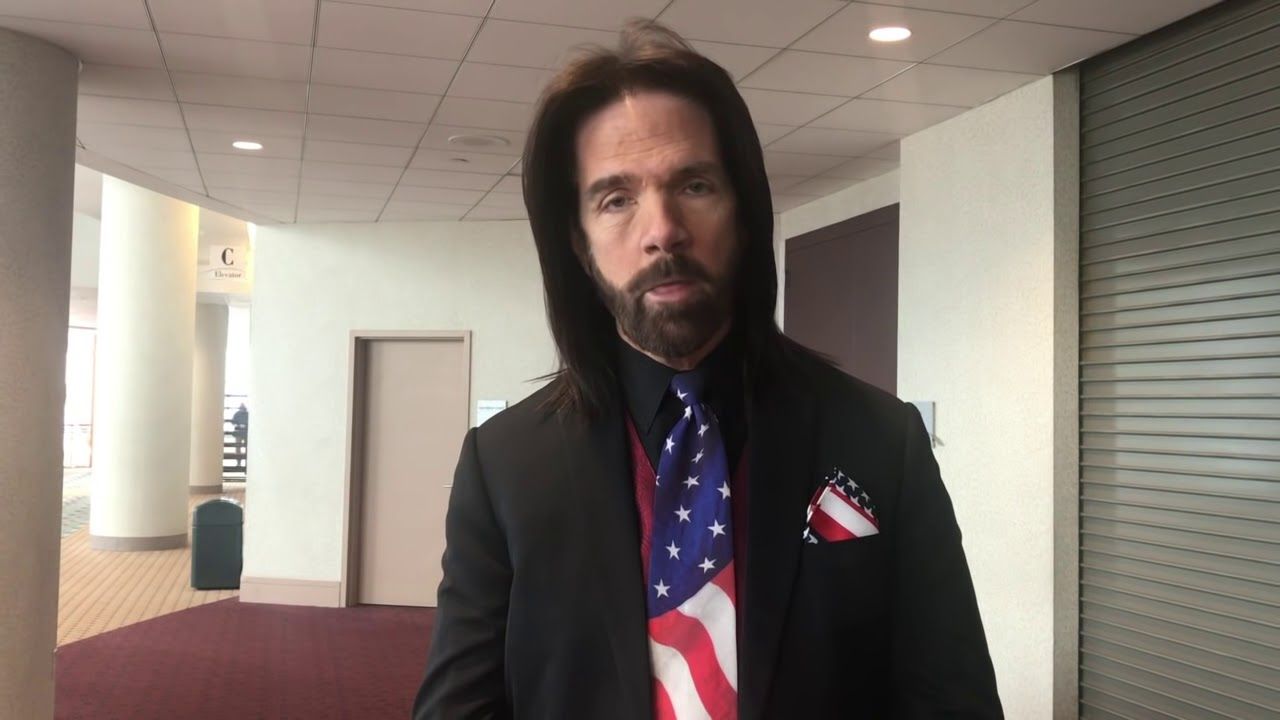Billy Mitchell, the video game player whose rivalry with Steve Wiebe for the high score at the arcade game, Donkey Kong, was the centerpiece of the 2007 documentary, The King of Kong: A Fistful of Dollars, filed a defamation lawsuit in Los Angeles in April 2019 against Twin Galaxies, the organization that certifies world records for arcade games, over their decertification of his high score.
At the heart of the lawsuit is the fact that Mitchell alleges that Twin Galaxies' ruling was unreasonable and has caused damage to his reputation by taking away the record, as he feels that the decertification heavily implies that he was a "cheater."
In April 2018, Twin Galaxies ruled that Mitchell did not achieve his Donkey Kong high score on the actual hardware of the original arcade game, but on some sort of modified hardware. The ruling of the organization led to Mitchell losing all of his other certified records (Twin Galaxies was also used by The Guinness Book of World Records for the certification of all video game-related records, before Guinness stopped keeping track of arcade game records) and banned from submitting future records to the group.
At the time, Mitchell threatened legal action if the group did not reverse course and restore his high score and that occurred last April when he filed his defamation suit. Mitchell's claim is that the decertification was libelous on its face, as it "at least implied [that he was a cheater], so that any reasonable reader would understand Twin Galaxies has called Mitchell a cheater who deserved punishment by stripping him of all his Twin Galaxies records and banning him for life from submitting further records."
Twin Galaxies responded that it intentionally made a point of not accusing Mitchell of cheating, and instead focused on the "demonstrated impossibility of original unmodified Donkey Kong arcade hardware to produce specific board transition images shown in the videotaped recordings of those adjudicated performances."
The next court hearing planned in the case occurs in July, when the case reaches a determination of whether Mitchell's lawsuit counts as a SLAPP suit. SLAPP stands for Strategic Lawsuits Against Public Participation. It refers to lawsuits designed specifically to silence critics of an individual or an organization by forcing the critics to go to court to defend their actions. SLAPP suits are not typically meant to be won, per se, but rather to keep critics busy with lawyers and court fees and also to intimidate any other critics from stepping forward, for fear that they will be sued as well. A number of states have come up with specific laws to combat these types of lawsuits. In California, it is the California Code of Civil Procedure 425.16. Twin Galaxies claims that that is the intent of Mitchell's lawsuit.
Beyond its SLAPP suit claim, Twin Galaxies believes that it should not be liable for defamation because its decertification was only its opinion on the facts presented to it. "It is not as if Twin Galaxies made the statement on its own volition without being prompted," the organization's motion stated. "Instead, it was asked by the community as the final adjudicator of video game scores appearing on its website to consider evidence and render its opinion."
Also, since Mitchell is a public figure, he would have to prove that Twin Galaxies had actual malice its ruling against him. Mitchell, of course, believes that to be the case and that their ruling against him was unfair. He alleges that he has 25 eyewitness affidavits and other affidavits backing up his claim that Twin Galaxies ignored in favor of purely relying on the scientific evidence, including one from Twin Galaxies' founder, Walter Day, who argued that it was "unexplainable that my testimony as the founder and former owner is disregarded, while others, specifically the ones against Billy, are embraced."
Via Ars Technica.



